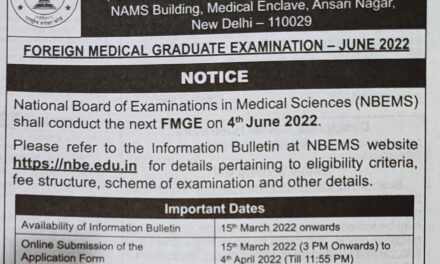In a groundbreaking development, a landmark study dubbed PREVENT has revealed that in patients with non–flow-limiting vulnerable plaques, the combination of percutaneous coronary intervention (PCI) and optimal medical therapy significantly reduces the risk of adverse cardiac events and death compared to medical therapy alone.
Led by coprincipal investigator Dr. Gregg W. Stone, director of Academic Affairs for the Mount Sinai Heart Health System, the PREVENT trial represents the first randomized trial focused on vulnerable plaque treatment powered for clinical events. Dr. Stone highlighted the significance of the findings, which challenge conventional treatment paradigms, particularly regarding lesions that may not provoke ischemia or angina but pose a significant risk for acute coronary syndrome or myocardial infarction (MI).
The study, presented at the American College of Cardiology (ACC) Scientific Session 2024 and simultaneously published in The Lancet, enrolled patients with non–flow-limiting vulnerable coronary plaques and randomly assigned them to receive either PCI plus optimal medical therapy or optimal medical therapy alone. The primary outcome measured was target vessel failure, a composite of cardiac death, target vessel MI, ischemia-driven target vessel revascularization, or hospitalization for unstable or progressive angina at 2 years.
The results were striking: the incidence of the primary outcome was significantly lower in the PCI group compared to the medical therapy group. Furthermore, the composite rate of death from any cause or target vessel MI was consistently lower with PCI, along with a reduction in other major adverse cardiac events. Notably, there were no major safety concerns associated with preventive PCI.
Dr. Seung-Jung Park, who presented the findings, emphasized the need for further research to better identify patients who would benefit most from preventive PCI. While the data from the PREVENT trial are compelling, Dr. Stone underscored the importance of confirmatory studies before widespread adoption of this approach, suggesting that it could be considered in select cases following informed discussions with patients.
Commenting on the study, Dr. Josip A. Borovac highlighted its clinical implications, particularly for patients with stable angina, who stand to benefit significantly from preventive PCI compared to medical therapy alone. This groundbreaking discovery has the potential to revolutionize the management of cardiovascular disease and pave the way for more personalized treatment approaches in contemporary clinical practice.
Funded by several organizations including the Cardiovascular Research Foundation and Abbott, the PREVENT trial represents a major milestone in the ongoing battle against cardiovascular disease. As researchers continue to unravel the complexities of coronary artery disease, studies like PREVENT offer hope for improved outcomes and enhanced quality of life for patients worldwide.












